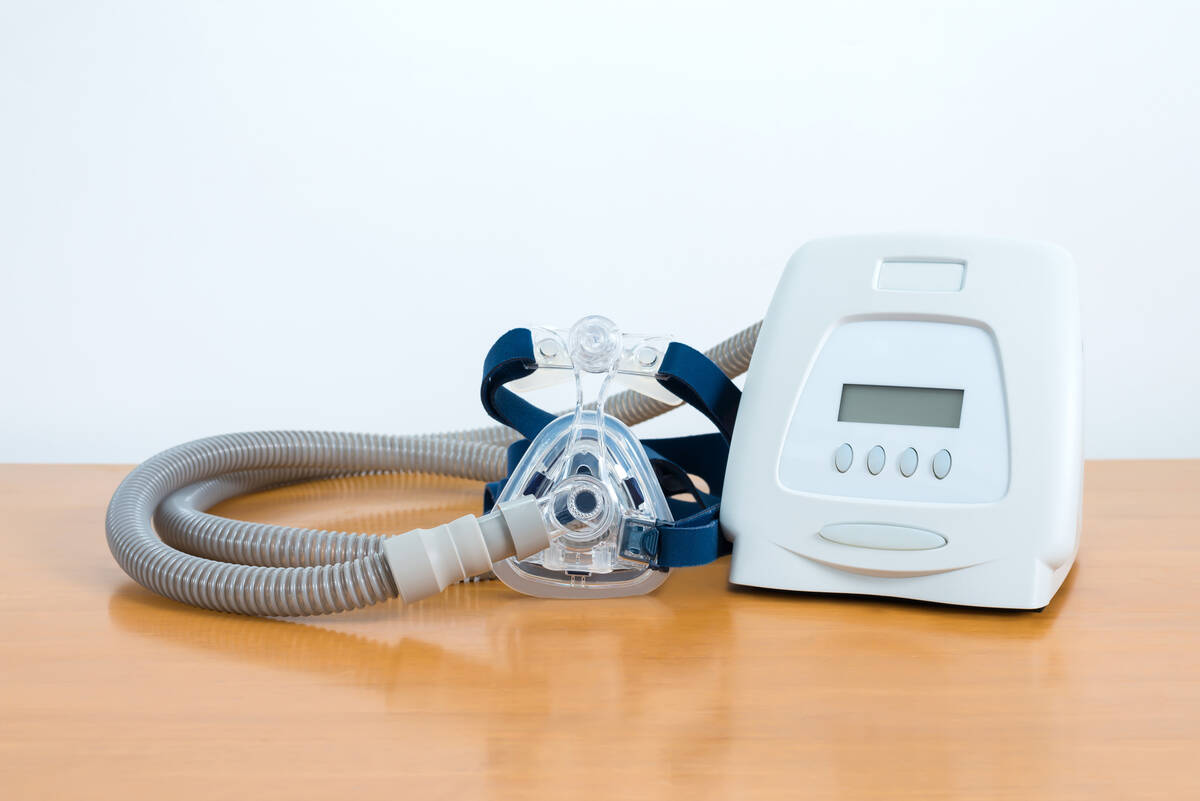Best CPAP alternatives for sleep apnea sufferers
Dear Savvy Senior: I’ve been diagnosed with sleep apnea and have been trying to use a CPAP device for the past six months but can’t tolerate it. Are there any alternative treatment options? — Sleepy Sam
Dear Sleepy Sam: I’m sorry to hear your CPAP mask is keeping you awake at night, but I’m glad that you’re addressing your obstructive sleep apnea problem. Left untreated, OSA is linked to daytime sleepiness and an increased risk of anxiety, diabetes, hypertension and stroke.
For those whose aren’t familiar, OSA causes your breathing to pause during sleep because something blocks your airway, like your tongue or relaxed throat muscles. Losing weight, quitting smoking and limiting alcohol can all help ease obstructive sleep apnea symptoms such as snoring.
The primary treatment for people with moderate or severe OSA is a continuous positive airway pressure (CPAP) machine, which keeps your airway open by pumping air through a mask you wear over your mouth and nose when you sleep.
But many people have difficulty tolerating CPAP and don’t stick with it. CPAP machines have become smaller and quieter, though, with more comfortable options available. For some people with mild to moderate OSA, less invasive alternatives to CPAP may be worth considering. Here are several to ask your doctor about.
Dental device: This is designed to move the jaw so that the tongue shifts toward the front of the mouth to help keep the airway open. It’s one of the primary alternatives to CPAP.
A dentist who specializes in sleep medicine (find one at dentalsleep.org) will be able to customize its fit to help your breathing without causing harm to your teeth. These custom-made oral appliances can cost $2,000 to $4,000 but may be covered by insurance.
There are much cheaper options available online to treat snoring, but experts say these may not help with OSA and could move teeth out of place or cause jaw issues if they’re not properly fitted.
Position therapy: For some, sleeping on the back can dramatically worsen obstructive sleep apnea. In these cases, switching to side sleeping — perhaps using pillows or a tennis ball attached to a shirt back — can sometimes help.
Tongue trainer: In 2021, the Food and Drug Administration approved a tongue-stimulating device for mild sleep apnea called eXciteOSA (exciteosa.com), which people wear for 20 minutes a day for six weeks and then 20 minutes a couple of times a week indefinitely. It costs $1,650 and is not covered by insurance.
Surgery: Those who can’t tolerate CPAP could have upper airway surgery to reduce the size of their soft palate or other tissue in their throat. But such options don’t always work, have serious potential complications and cannot be reversed. So, in general, they should not be first-line treatments.
A newer option is a surgically implanted device called Inspire (inspiresleep.com). Approved in 2014, it stimulates a nerve that moves your tongue to keep your airway open. Inspire can be removed if it is not tolerated, but it should also be tried only if someone is unable to use CPAP, and it is not an option for everyone.
Drug therapy: A new study, recently published in the New England Journal of Medicine, found that tirzepatide — the main ingredient found in Type 2 diabetes medication Mounjaro and weight-loss treatment Zepbound — helps reduce symptom severity by almost two-thirds in adults with obesity and obstructive sleep apnea. Ask your doctor about this option.
Send your senior questions to: Savvy Senior, P.O. Box 5443, Norman, OK 73070, or visit SavvySenior.org.













